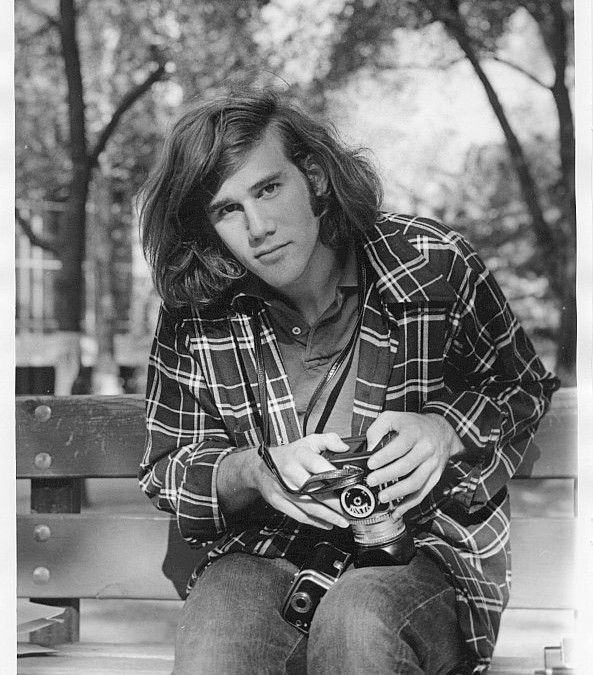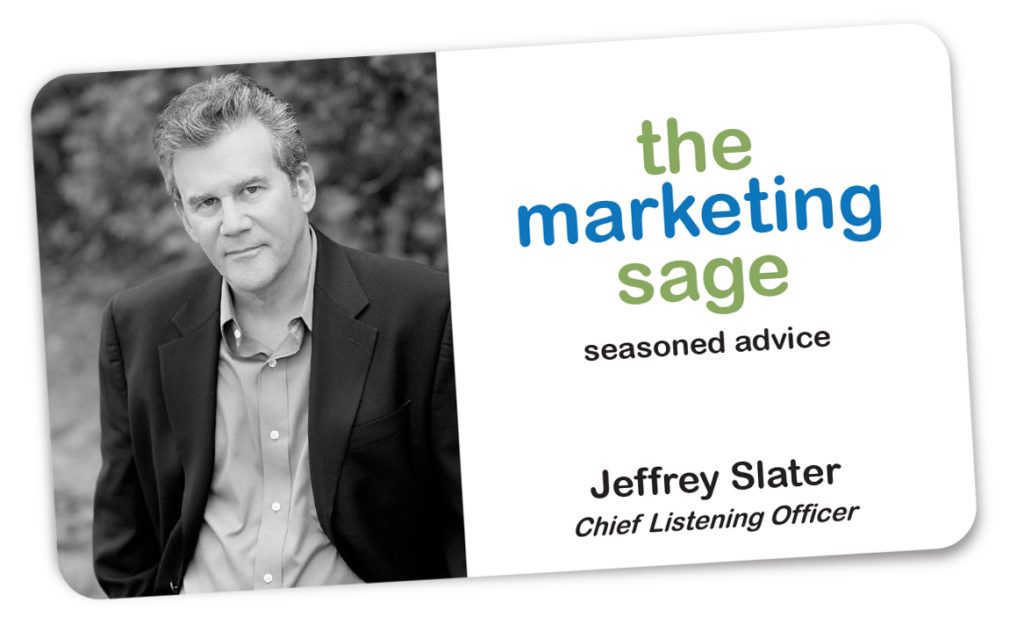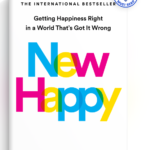Ikigai is a Japanese term for your life’s purpose. A Personal Reflection.
As a child, I derived enormous joy and satisfaction when I completed my homework. There was something about not having a responsibility hanging over me. Although I was a good student, the school lacked a calling or genuine passion.
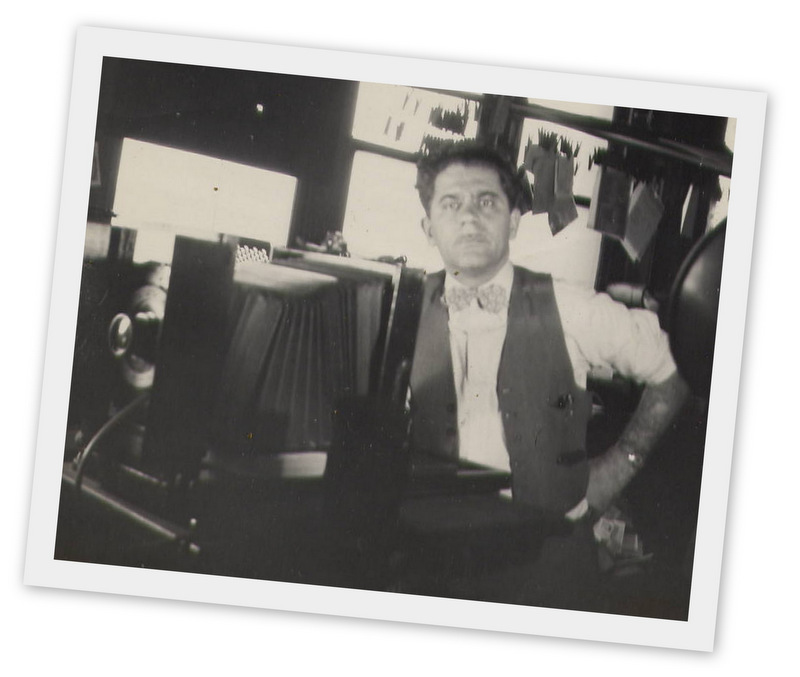
But that feeling of getting stuff done on time differed from the early days when my grandfather, Poppa George, first put a camera in my hand and encouraged me to see the world anew through a fresh and unexpected lens.
Taking pictures and developing them in my darkroom brought a feeling that is hard to describe. It was as if I was suddenly connected to my inner soul’s creative force.
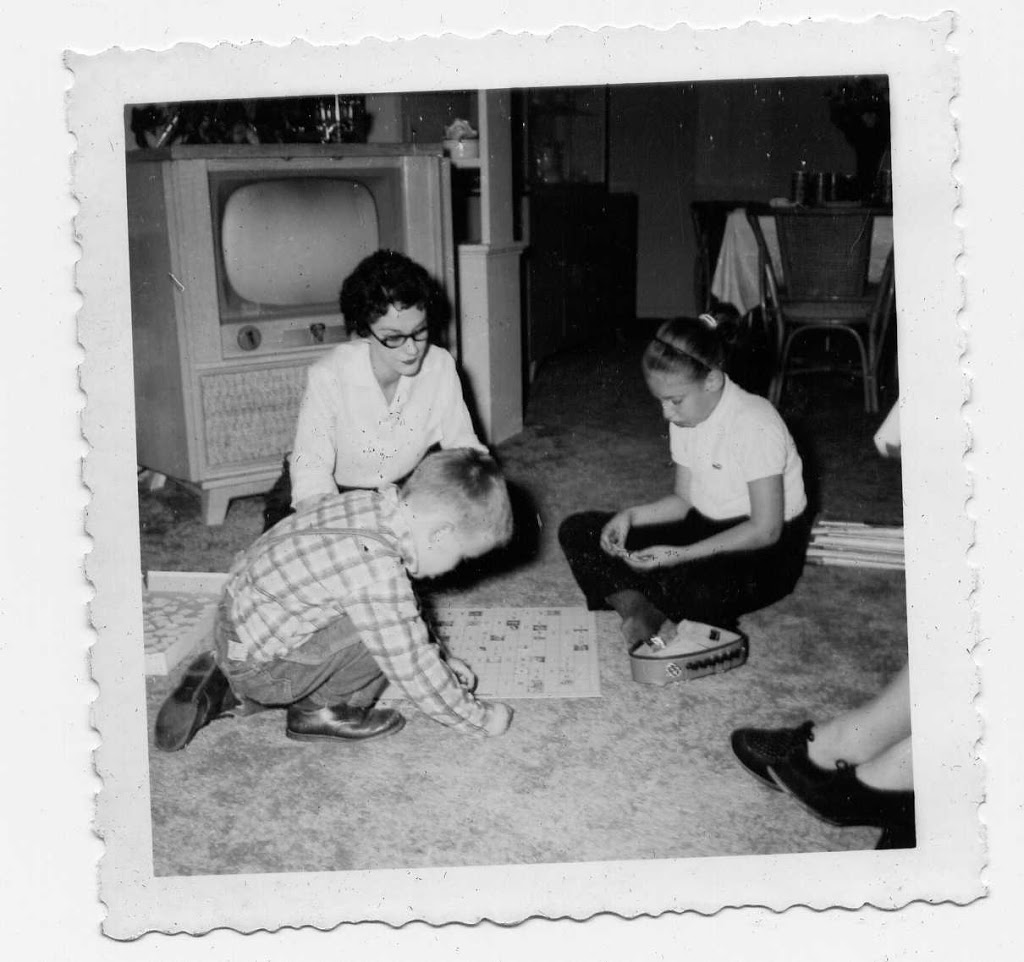
And around the same time, my beloved Aunt Annette put a spatula in my other hand, and together we watched Julia Child perfectly roasting a chicken. We played board games like Scrabble and Monopoly, then quickly switched to Julia Child on TV. Julia became a sort of superhero in my buttery universe.
Little did I know that cooking together as a teenager would whisk my world around food and the joy of cooking.
Both taking photographs and cooking nurturing food would fill me with happiness and a feeling of well-being.
In my late teens, my ever-present friend was my Hasselblad, or spatula. While at The University of Pennsylvania during my college years, I pursued photography and cooking and experienced unbridled joy.
At that time in my life, I doubted I could describe how happy both activities made me feel. It was as if someone connected a circuit to my soul.
Fortunately, the Japanese have a helpful word for this connection and feeling called Ikigai.
Ikigai – Purpose in Life
From Wikipedia:
Ikigai can describe having a sense of purpose in life and being motivated.
According to a study by Michiko Kumano, feeling ikigai, as described in Japanese, usually means the feeling of accomplishment and fulfillment that follows when people pursue their passions.
Activities that generate the feeling of ikigai are not forced on an individual; they are perceived as being spontaneous and undertaken willingly, and thus are personal and depend on a person’s inner self.
The Japanese psychologist Katsuya Inoue classifies ikigai into three directions – social ikigai, non-social ikigai, and anti-social ikigai – from a social perspective.
- Social ikigai refers to ikigai that society accepts through volunteer and circle activities.
- An asocial ikigai is an ikigai that is not directly related to society, such as faith or self-discipline.
- Anti-social ikigai refers to ikigai, the essential motivation for living through dark emotions, such as the desire to hate someone or something or to continue wanting revenge.
National Geographic reporter Dan Buettner suggested ikigai may be one of the reasons for the longevity of the people of Okinawa.
According to Buettner, Okinawans have less desire to retire, as people continue to do their favorite job if they remain healthy. Moai, a close-knit friend group, is also considered an important reason for the people of Okinawa to live long.
Retiring Friends
I’m of the age where more and more of my friends are retiring. They have decided not to work anymore because they no longer want to be involved in the type of work they did for years. Maybe it no longer brings them – Ikigai or joyful purpose. And they are now exploring what retiring looks like for them through a fresh eye.
I love the work I do with my clients – writing, strategizing, and creative thinking.
It is, first and foremost, connected to my Ikigai. I get to find new and often counterintuitive ways to solve problems. I use my senses and sensitivity. It brings me joy and helps them meet their goals.
Yes – it is work, but it is fulfilling and satisfying to help others. My activities with my clients connect back to my darkroom and kitchen days with my family.
Who knows, maybe one day, I’ll start another chapter. But for now, I love what I get to do. And the effort brings me joy.
The Fragrance of Sage Leaves
I recently shared the story about the name, The Marketing Sage with someone I am coaching as they build a new business. She asked me why I chose that name for my work. I told her that the word sage has a dual meaning for me.
Sage means wisdom through experience.
After 40-plus years of being an entrepreneur, corporate marketing guy, and consultant, I think I have a few ideas and insights to share. I’m no guru – but sage works.
But sage is also my favorite herb.
When our daughters, Fanny, and Sarah, were young, I’d teach them how to make scrambled eggs. We would rub sage leaves through our fingers and smell their woodsy, aromatic fragrance. Then we would chop them up and sprinkle sage on our cheesy eggs.
I love and embrace that sage has this dual meaning.
My life’s work has never been about marketing.
It has always been about seeing differently and finding a new creative approach to challenges. I still feel a passion for creative and counterintuitive thinking and activities that demand I learn and unlearn lessons all the time.
I always have sage in my refrigerator – and when I rub it between my fingers, the fragrance is like a time machine – connecting me to my creative inner child and my Ikigai.
I can still feel my grandfather and aunt’s presence, watching me enjoy each moment.
Snap and stir.
If you want to learn more on this topic, a reader named Nicholas Kemp reached out and mention his book and podcast on this topic. Here is a link to his book: https://ikigaikan.com/ and his podcast. https://ikigaitribe.com/podcasts/
You can set up a time to chat with me about your marketing challenges using my calendar. Email me jeffslater@themarketingsage.com Call me. 919 720 0995. The conversation is free, and we can explore if working together makes sense. Watch a short video about working with me.
